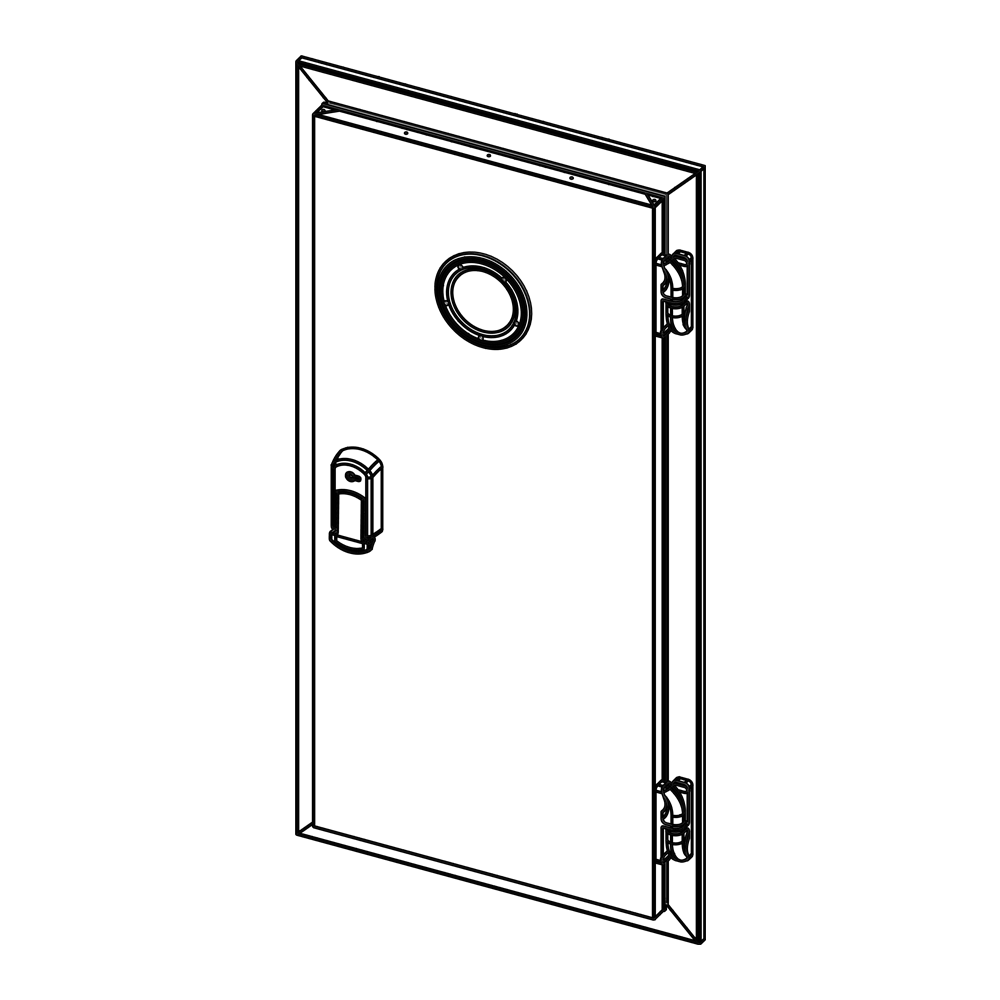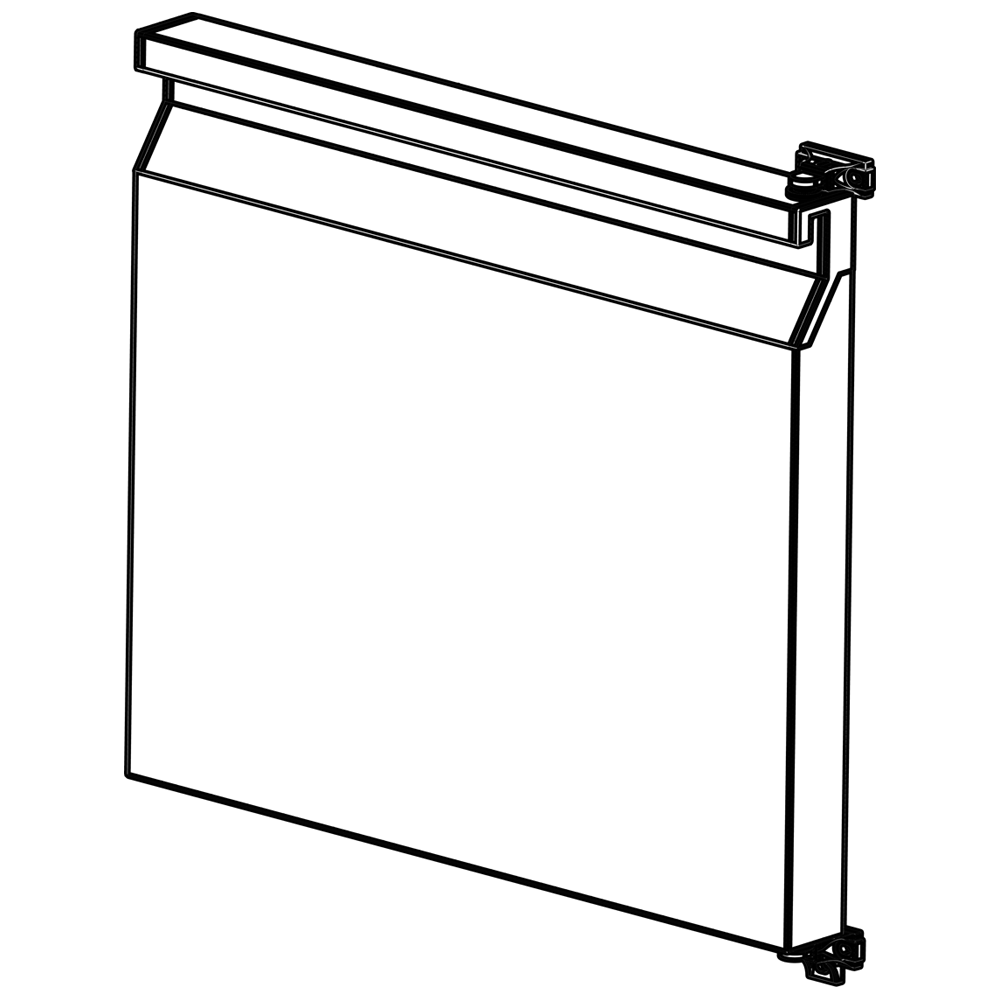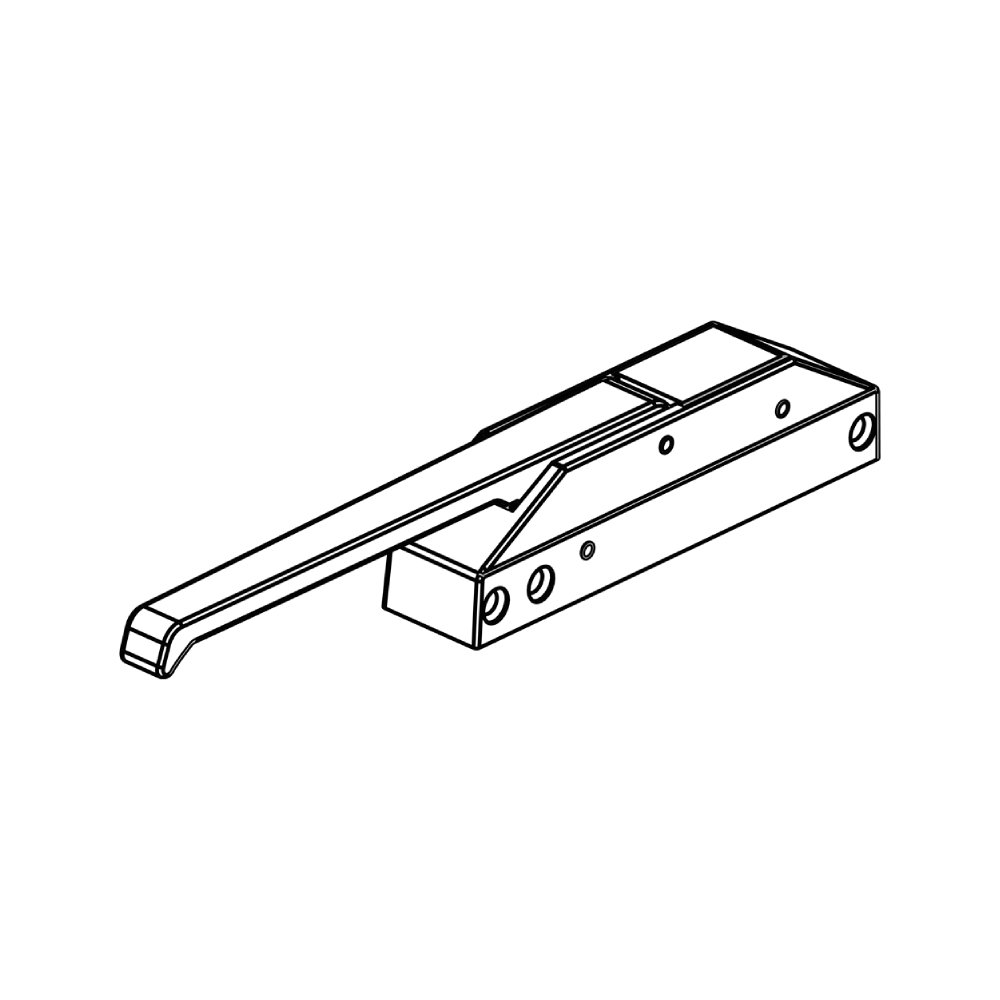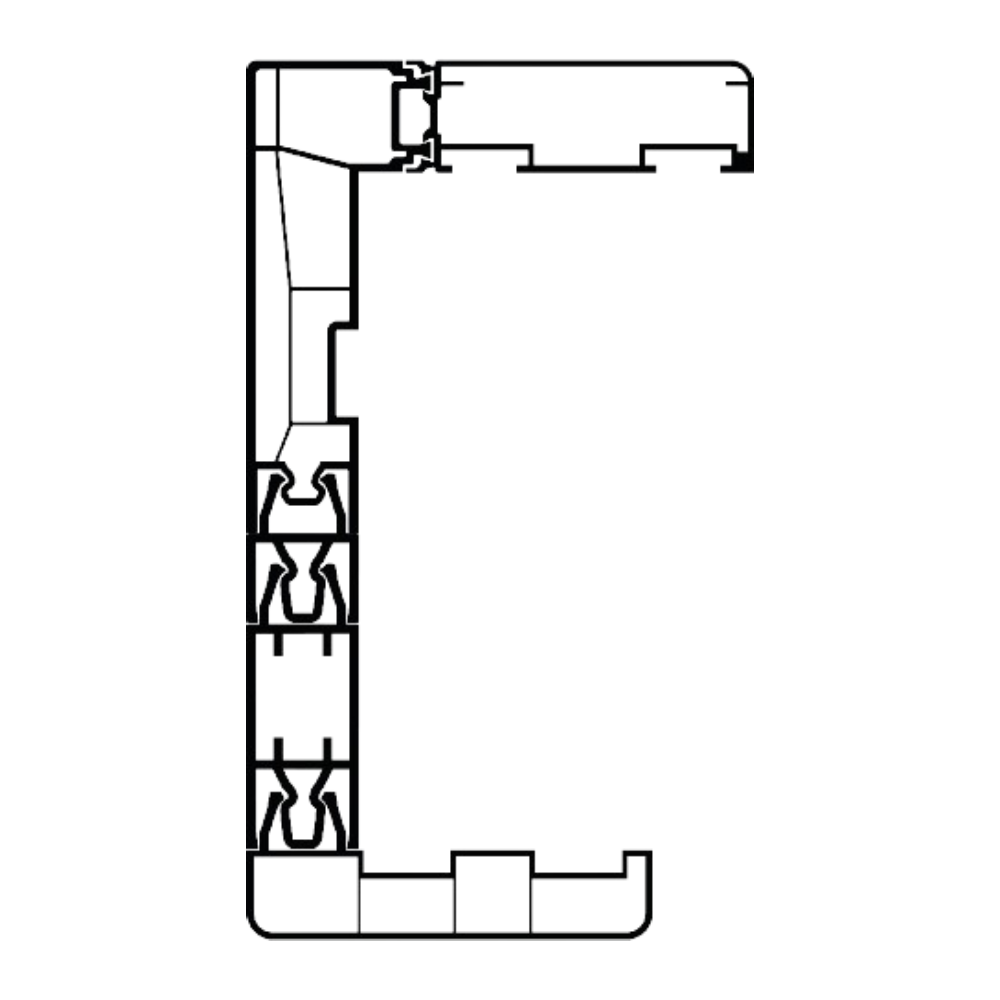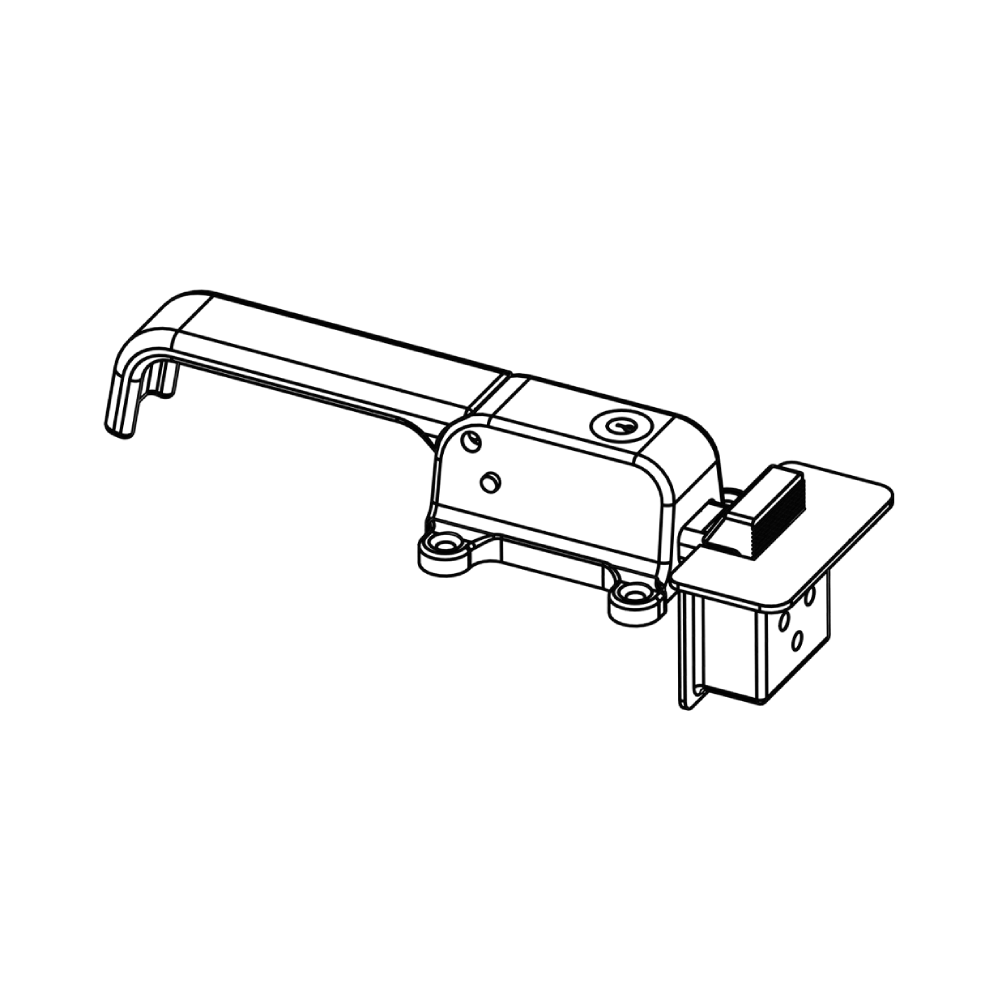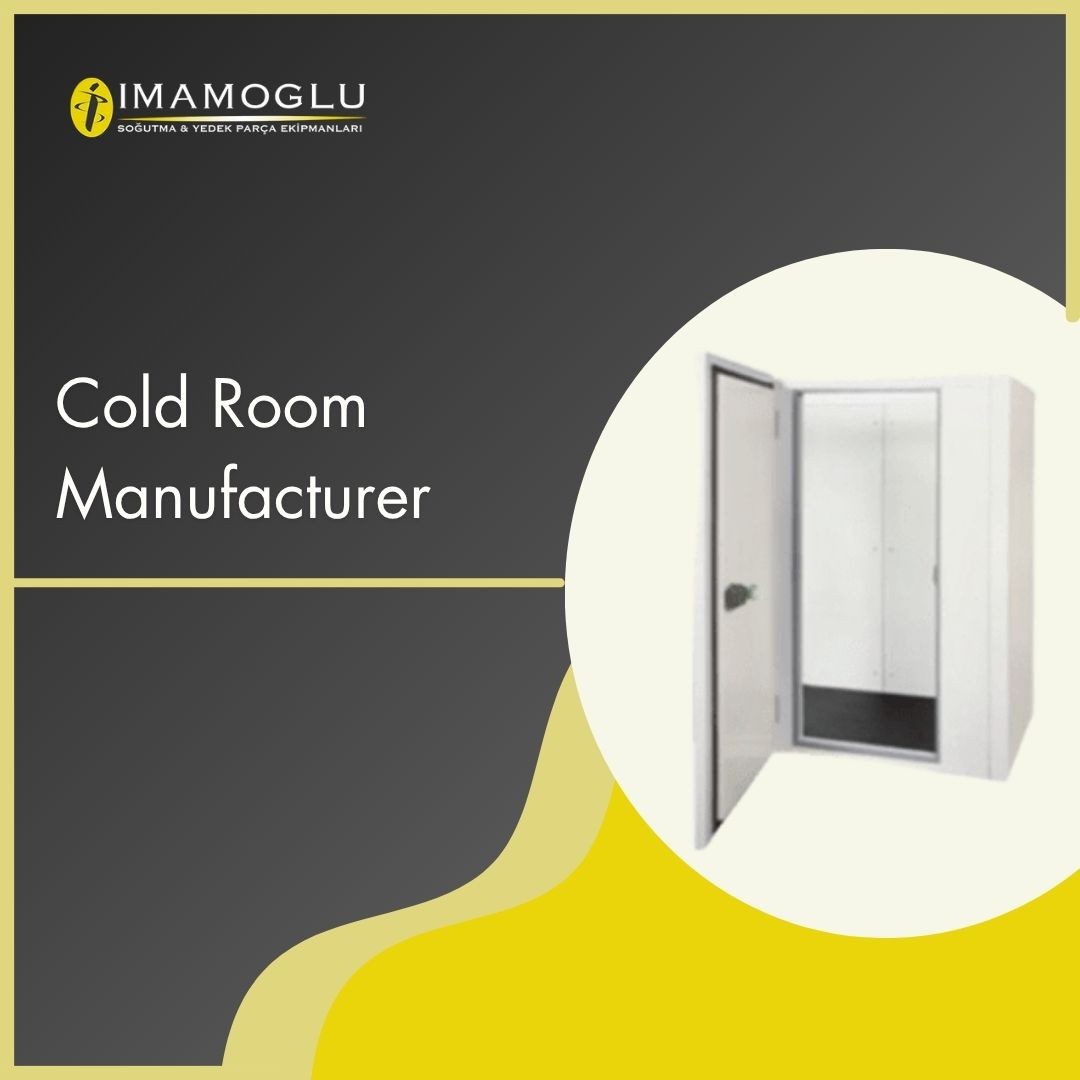Cold Room Manufacturer
Cold Room Manufacturer: Leadership in Industrial Refrigeration Solutions
Cold rooms play a critical role in industries such as food, pharmaceuticals, chemicals, and many others. Cold room manufacturers provide high-quality and customized refrigeration solutions, helping businesses store and transport their products safely. This article will focus on the solutions offered by cold room manufacturers, their quality standards, and their importance in the industry.
Cold Room Types and Applications
Cold rooms are produced in various types based on their intended use and technical requirements. The most common types of cold rooms include standard cold rooms, cold room markets, cold storage warehouses, and pre-fabricated cold rooms. Standard cold rooms are typically used for storing products within a specific temperature range, while cold room markets are ideal for storing larger products in expansive areas. Cold storage warehouses are suitable for long-term storage and products requiring high humidity control. Pre-fabricated cold rooms, on the other hand, offer advantages such as quick installation and flexible use.
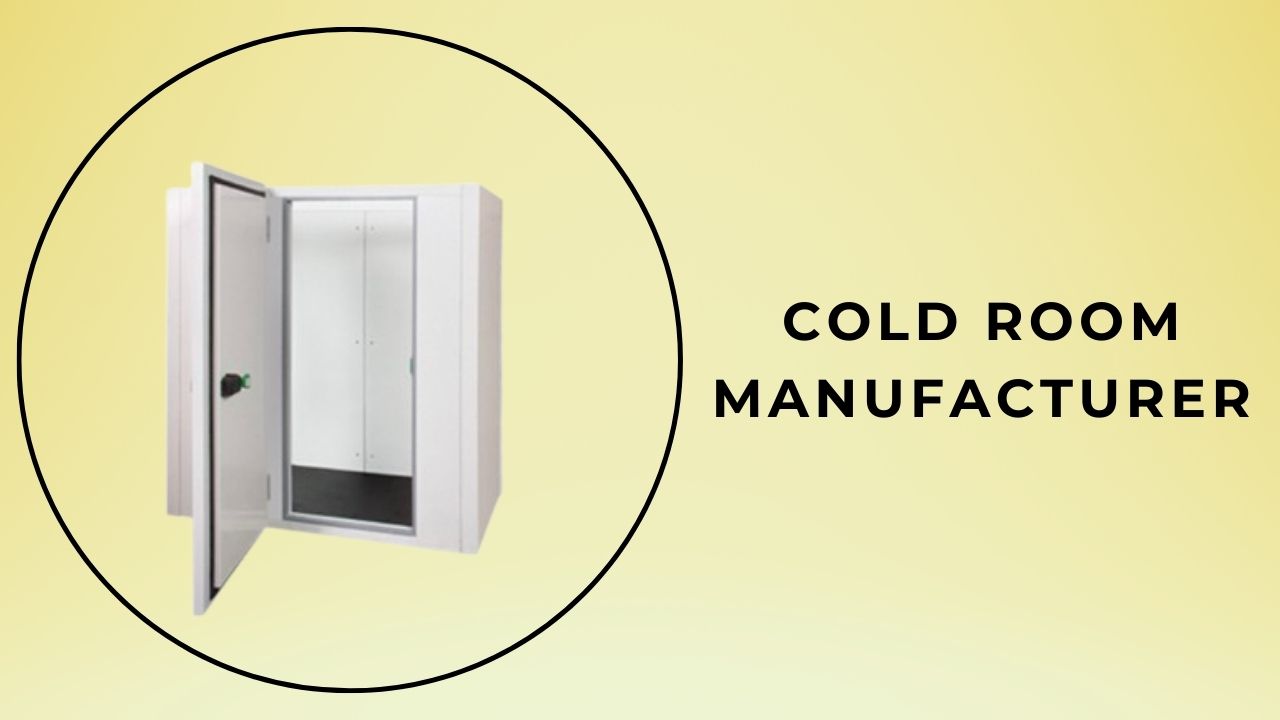
Quality Material Selection and Production Processes
The success of cold room manufacturers depends on the quality of materials used and the precision of production processes. Stainless steel, high-insulation materials, and eco-friendly refrigerants enhance the durability and energy efficiency of cold rooms. In the production process, automated cutting and welding techniques ensure high precision and quality control. Additionally, modular designs facilitate the customization and expansion of cold rooms.
Energy Efficiency and Sustainability
Today, energy efficiency and sustainability are of critical importance in cold room production. Modern cold rooms are equipped with high-efficiency compressors, optimized heat exchangers, and energy recovery systems. Sustainable production practices, such as the use of renewable energy sources and waste management strategies, minimize environmental impact. This approach reduces energy costs while fulfilling environmental responsibilities.
Technological Innovations and R&D
Continuous innovation and research and development investments are essential for advancing cold room technology. Innovations such as smart control systems and IoT (Internet of Things) integration enable remote monitoring and management of cold rooms. Additionally, automated defrosting systems and energy optimization software improve system efficiency and reduce maintenance costs. R&D efforts focus on developing more efficient, durable, and eco-friendly cold rooms.
Customized Solutions and Customer Satisfaction
Since every business has unique needs, offering customized cold room solutions is crucial. Manufacturers conduct detailed consultations, design modifications, and specialized production processes to meet customers’ specific requirements. Providing personalized solutions ensures customer satisfaction, fostering long-term business relationships, increasing repeat business, and generating positive referrals.
Marketing and Global Competition
To compete in the global market, cold room manufacturers must develop effective marketing strategies. Digital marketing, participation in industry trade shows, and obtaining international certifications help build a strong brand presence, significantly enhancing market visibility. Understanding and adapting to regional market trends and regulatory requirements also enable manufacturers to cater to diverse customer bases and maintain a competitive edge globally.
Maintenance and Service Support
Providing comprehensive maintenance and service support is essential for the success of cold room solutions. Regular maintenance ensures efficient operation and extends the service life of cold rooms. Service support includes scheduled inspections, troubleshooting, and replacement of worn parts. Offering fast and reliable service increases customer trust and satisfaction, positioning the manufacturer as a dependable partner in the industry.
Industrial Standards and Certifications
To ensure the quality and reliability of cold room solutions, manufacturers must comply with international industrial standards and relevant certifications. Certifications such as ISO 9001, CE, and UL verify that products meet specific quality, safety, and performance criteria. These certifications provide customers with confidence in product reliability and offer a competitive advantage in the market.
Logistics and Supply Chain Management
Effective logistics and supply chain management are vital for the timely delivery and installation of cold room solutions. Coordination with suppliers, optimized inventory management, and streamlined distribution processes reduce delays and operational costs. Additionally, using advanced logistics technologies like inventory management software and real-time tracking systems enhances the overall efficiency and reliability of the supply chain.
Human Resources and Expertise
The success of cold room manufacturers relies on a skilled and expert workforce. Continuous training for engineers, technicians, and production staff ensures they stay updated with technological advancements and produce innovative solutions. Furthermore, a strong company culture and motivation strategies boost employee productivity and loyalty.
Financial Management and Investment Strategies
Robust financial management is critical for the sustainable growth and expansion of cold room manufacturers. Effective financial planning involves allocating resources for research and development, increasing production capacity, and marketing initiatives. Strategic investments in technology and infrastructure enhance operational capabilities and support long-term success. Additionally, prudent risk management practices protect the company from economic fluctuations and market uncertainties.
Regulations and Legal Compliance
Operating in the global market requires compliance with various regulations and legal requirements. Adhering to environmental regulations, safety standards, and industry-specific laws ensures that cold room solutions are not only effective but also environmentally friendly and safe. Keeping track of evolving regulations and proactively adapting operations accordingly maintains compliance and avoids legal complications.
Advanced Technology Integration
The integration of advanced technologies into cold room solutions significantly enhances their functionality and performance. Smart sensors and automation systems provide real-time monitoring and control, optimizing heat transfer processes and improving energy efficiency. Additionally, the use of data analytics and machine learning facilitates predictive maintenance and operational optimization, ensuring cold rooms operate at peak potential.
Collaboration with Global Suppliers
Cold room manufacturers establish strategic partnerships with global suppliers to access high-quality materials and advanced technologies. Collaboration with reliable suppliers improves product quality and accelerates innovation processes. Additionally, leveraging supply chain advantages in different markets allows manufacturers to efficiently meet market demands and enhance competitiveness.
Importance of Customer Feedback
Customer feedback is vital for the continuous improvement of cold room solutions. User experiences provide valuable insights for enhancing product design and functionality. Actively collecting and analyzing customer feedback enables manufacturers to develop tailored solutions and maintain high levels of customer satisfaction.
Future Trends
Closely monitoring future market trends and technological advancements is essential for cold room solution providers to maintain a competitive edge. Emerging trends such as renewable energy integration, energy-efficient designs, and smart grid technologies are shaping the future of cold room technology. Additionally, advancements in material science, nanotechnology, and artificial intelligence trigger innovations that enhance the performance and sustainability of cold room solutions. By anticipating and adapting to these trends, manufacturers can continue delivering cutting-edge technologies that meet the evolving needs of various industries and sustain their leadership in the market.


